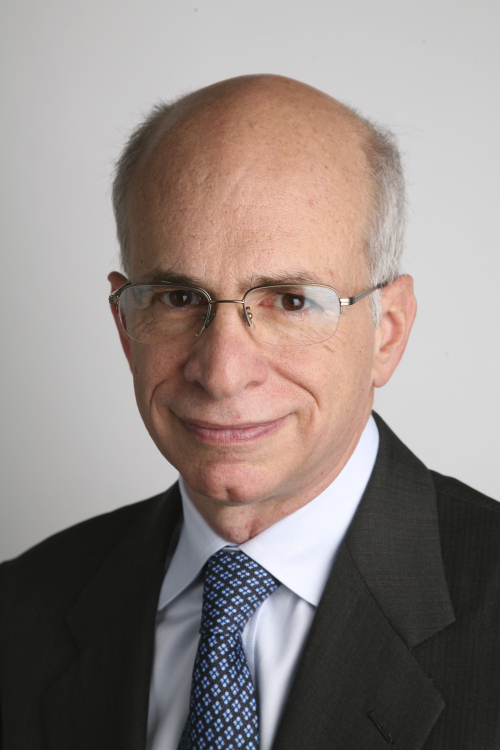Less than 60 percent of families in South Korea now fit the model of a nuclear family, Statistics Korea research suggests. As a developed, democratic country, the country should embrace this difference, says Dr. Richard Boas of the Korean Unwed Mothers Support Network.
“Confucian belief defines a family as a father, a mother and their children. Many believe a modern family consists of a married man and woman and their children,” explained Boas in an email interview with The Korea Herald.
This, he believes, leads to stigma being placed upon unconventional families, with no father or mother present, and can “invalidate” unmarried parents.
His charity is working to change this by advocating for the rights of unwed mothers and their children, helping to ensure they have sufficient resources and support to thrive.
“Marital status does not determine whether a woman can successfully raise her child or not. The women (unwed mothers) are capable, loving mothers, but Korea needs to give them the opportunity,” he said.
Boas, an adoptive father from the U.S., first visited Korea in 2006. During his trip he went to orphanages and met pregnant mothers who felt they had no option but to give their children up for adoption.
Moved by their plight and shocked to find that in the world’s 13th largest economy, there were women who had been “abandoned” in this way, he was inspired to launch KUMSN.
“I realized that I had not truly validated my child’s own mother as loving and capable, a mother who had been effectively pressured to give up her child, years before.
“I asked: What can I do to help ensure that unwed Korean pregnant women and moms can successfully raise their children, just as they are able to do in democracies around the world ― rather than feel compelled to give up their children to adoption?” explained Boas.
Research by the Korean Women’s Development Institute shows that 70 percent of unmarried mothers in Korea relinquish their children, compared to 1 percent in the U.S, according to the U.S. National Center for Health Statistics.
Of those who keep their children, many suffer economic and social hardships, sometimes losing their jobs or being shunned by their family.
U.S.-based KUMSN, managed by executive director Kwon Hee-jung and a team of staff and volunteers in Seoul, believes this is something Korean society needs to address in its own way.
Operating as a resource, and a body to promote discussion and debate, it has provided grants for research on the issue, as a “matter of social justice” that it is a woman’s right to raise her own child, said Boas, who refers to himself as merely a “respectful outsider.”
KUMSN is “pro mom” and adoption neutral. “Adoption is a valid option, but only after a mother (and/or father) has made a careful, fully informed choice, without pressure, with enough time to make a choice to relinquish ― and reconsider, if necessary.”
Boas believes education and awareness are needed to create the social change Korea is capable of.
From school-age, he said, students are given insufficient and biased sex education which permeates views into adulthood.
“When an unwed Korean woman becomes pregnant, she is deemed to have created her problem, alone. Yet there is always a man involved,” he emphasized, adding, “Men need to understand that they are responsible for the children they father.”
Citing a recent U.S. study, he said that when men are educated to believe they are responsible for the children they father, pregnancy rates go down.
But things do seem to be changing. “Awareness of their (unwed mothers’) situation, and the desire to address it effectively and positively ― among academia, media, government, adoptees, and the moms themselves ― have increased tremendously.
“Support policy is already changing, but it is focused on the 18-24-year-old moms.”
This is a problem as unlike in many Western countries where the issue is teen pregnancy, most unwed moms in Korea are 25 or older, with an average age of 30.
“Many Koreans are now understanding the issue as one of human rights, not a low birthrate issue. However, the actual lives of most moms needs to be improved,” he added.
There are plenty of ways people can get involved to help the cause. Boas recommends not being afraid to discuss the issue, volunteering with charities, contributing to organizations such as the Korea Foundation for Women, and supporting campaigns and events such as Single Mom’s Day which took place for the first time on May 11.
Ultimately he emphasized that “this is a Korean matter,” and the Korean government and society should address it. The primary goal of KUMSN is to ensure it is addressed, and “in a uniquely Korean way that works for Korean society.”
“Ideally, this should be a non-issue, just as it effectively is, for instance, in the U.S., France and Scandinavia. Moms are moms, kids are kids, and their right to equality and validity as a family is something that transcends politics, culture and geography.”
For more information on KUMSN and details of how to get involved, visit www.kumsn.org.
By Hannah Stuart-Leach (
hannahsl@heraldcorp.com)







![[Today’s K-pop] Blackpink’s Jennie, Lisa invited to Coachella as solo acts](http://res.heraldm.com/phpwas/restmb_idxmake.php?idx=644&simg=/content/image/2024/11/21/20241121050099_0.jpg)
